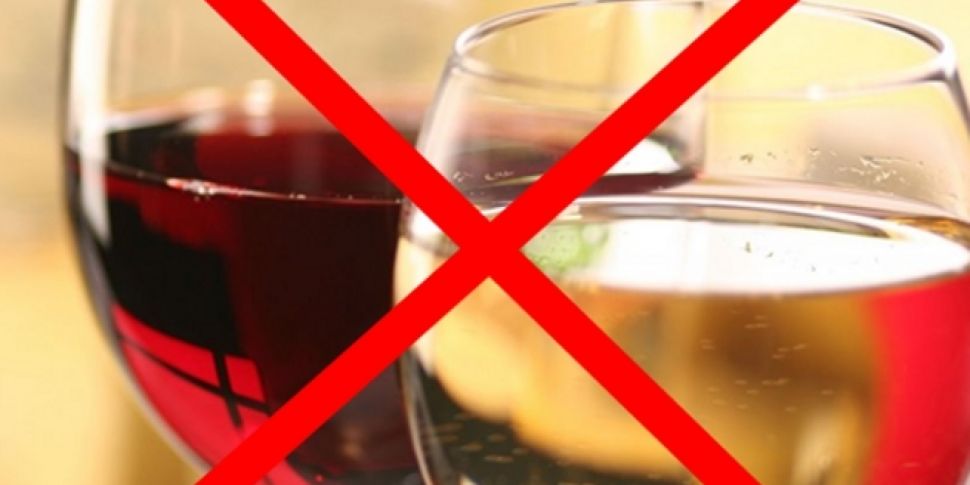As an average thirtysomething woman, I’d classify my relationship with alcohol as relatively healthy. Like most, I enjoy partaking of a glass of wine or three on a Friday, or sinking a pint of the black stuff over a chat with friends. I may have suffered an occasional hangover, yes. The end of an odd night out may have been a little hazy. I might have missed a few Sunday mornings, buried in the Horrors under my pillow. But “big nights” nowadays are few and far between, and the idea of bypassing the booze for Lent wasn’t high on my agenda.
So what prompted the decision? I bit the bullet for a number of reasons (none of them religious). I was unemployed, having left my job to embark on the uncertainty of a career change. I’d been feeling the effects of an unhealthy holiday season. And crucially, I was stone broke. The stage was set.
Around the same time, I’d written a piece on my blog about attitudes to alcohol in Ireland called “The Elephant in the Room”, questioning why, with suicide levels so high, no-one really questions the effect our relationship with alcohol has on mental wellbeing. The piece was published on a national news site and the reaction on social media was astonishing. I was inundated with replies relating to the pressure people felt to drink. Some reported concealing non-drinking, or avoiding social occasions altogether to avoid the hassle of justifying their choice. Non-drinkers disliked the messiness of drunken nights out, and being met with suspicion and mistrust. It appears that “peer pressure” is not solely the preserve of children or adolescents.
Timely personal experiment
On the back of this, I saw the Lenten endeavour as a timely personal experiment. I’d never gone “off the booze” for a deliberate, sustained period since I came of drinking age. I wanted to see how I’d cope with cold sobriety in social situations, and the reactions I would encounter. I also wanted to do my own bit to challenge attitudes.
I embarked with a sense of trepidation. I didn’t want to avoid social occasions, but neither did I relish the thought of feeling socially stunted without a drink or two. The first couple of weeks were difficult, and I often, rather worryingly, found myself craving a glass of wine, particularly at weekends. However, with the exception of the odd “Why are you doing this to yourself?”, and “Jesus, I could never do that - in March, are you mad?!”, friends were largely encouraging.
How did I cope? Ultimately – and this may appear obvious – I found company was key. I enjoyed some great nights with friends as the sole non-drinker, without it being an issue for either party. In contrast, I attended a wedding at which I knew barely anyone, and struggled. I felt my personality had fled, hand-in-hand with my alcohol crutch, leaving my confidence legless and my dancing even more uncoordinated than usual. I settled into sobriety, though, and while I missed being able to have “just the one”, not drinking began to feel normal.
Was it worth it?
So, six weeks on, was it worthwhile? Yes, absolutely. Admittedly, it’s a relatively short period of time, but what they say is true – I feel healthier, happier and clearer of mind. The convenience of hopping into the car after a night out and waking hangover-free were definite positives. I certainly didn’t miss the Monday beer blues. The time out has helped me to recalibrate my attitude towards alcohol. I have a feeling I’m likely in future to indulge a little less, and enjoy it a little more.
Ultimately, however, I don’t see myself as a non-drinker, and rather than moving towards the divisiveness of non-drinkers having their own social spaces and activities, what I’d like is a happy medium where drinkers and non-drinkers can feel more comfortable socialising together. I’d also like to see social occasions focusing less on alcohol consumption, and I’d love to see less pressure placed on those drink moderately to consume more.
Would I do it again? Probably.
But I’d be lying if I said I wasn’t just looking forward to some chocolate this Easter.









